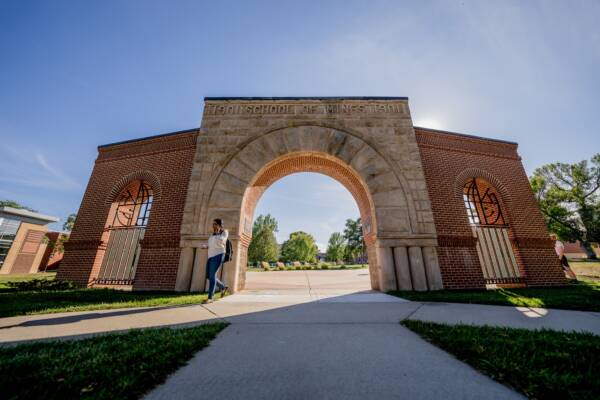Meet the Advisory Councils
The Board of Regents’ advisory councils assist every department within the system. These committees consist of subject-matter experts from each university or special school who offer relevant information and guidance to the central office. Explore the roles of each systemwide advisory council below.
The Council of Presidents and Superintendents
The Council of Presidents and Superintendents includes the leaders of each institution under the Board’s control. They are the top advisory group for policy matters and carry out tasks as needed. The Executive Director serves as the Council’s chairperson, and members include the President of each Board of Regents University and the Superintendents of the two regental special schools.
Academic Affairs Council
The Academic Affairs Council reviews existing or proposed course descriptions, programs, departments, degrees, colleges, academic calendars, and academic policies and provides recommendations to the Board. Their efforts strengthen the overall quality of higher education in the state while ensuring minimal program duplication and providing scholastic efficiency. Members include the Provost or Vice President for Academic Affairs from each higher education institution that falls under the Board’s control and is chaired by the System Vice President of Academic Affairs, a non-voting member.
Business Affairs Council
The Business Affairs Council aims to facilitate discussions between institutions and the Board, ensure compliance with policy, and establish procedures and best practices related to fiscal affairs. The Council conducts studies to support the work of other councils and provides guidance on matters such as accounting, auditing, budget requests, facilities management, financial reporting, and more. The Council is comprised of the Chief Financial Officer or Vice President of Finance from each institution under the Board’s control, with the System Vice President of Finance and Administration serving as the non-voting chair.
Civil Service Council
The purpose of the Civil Service Council is to facilitate communication among the Board of Regents, Office of the Executive Director, Council of Presidents and Superintendents, and Civil Service employees. It aims to address matters of mutual concern and exchange ideas for improving working conditions. Additionally, the Council addresses considerations communicated by employees.
Research Affairs Council
The Research Affairs Council is responsible for leading and coordinating the research agenda of the system. Its main objective is to maximize the system’s investment in research infrastructure by creating, maintaining, and updating a statewide plan for developing research capacity across all Regental campuses. The Council promotes interactions among state entities, funding agencies, and other research-based organizations. Additionally, the Research Affairs Council establishes a mechanism for ongoing goal-setting, progress monitoring, and evaluation of the system’s research performance.
Student Affairs
Council
Council
The Student Affairs Council contains individuals appointed by the university president to represent the student affairs responsibilities of each institution under the Board’s control. Upon request from the Board, Executive Director, or Council of Presidents and Superintendents, the Council may conduct studies, perform duties, and provide recommendations to the Board as representatives for the student body.
University Relations Council
The University Relations Council is composed of representatives appointed by the university president who are responsible for external communications, marketing, and public relations at each institution under the Board’s control. A designee of the Executive Director will facilitate the council’s activities. The Council on University Relations is tasked with performing duties, conducting studies, and making recommendations to the Board.
Technology Affairs Council
The Technology Affairs Council is responsible for discussing and implementing technology in the system while ensuring compliance with board policies. They also establish procedures and best practices for technology use in institutions under the Board’s control. Members are responsible for advising other councils on the applications of various telecommunications technologies and developing policies that guide the purchase and use of technologies used by the universities and the Regental system. The Council is made up of Chief Information Officers from each institution and is chaired by the System Vice President of Finance and Administration or the Director of Regents Information Systems, who serves as a non-voting member.

Learn More About Each Institution
Not only do our universities help shape the state’s economy, but they also help shape its future by developing the next generation of South Dakota’s leaders. If you have a career goal—whether it be in agriculture, cyber security, medicine, law or engineering—a state university has a program to get you there.










